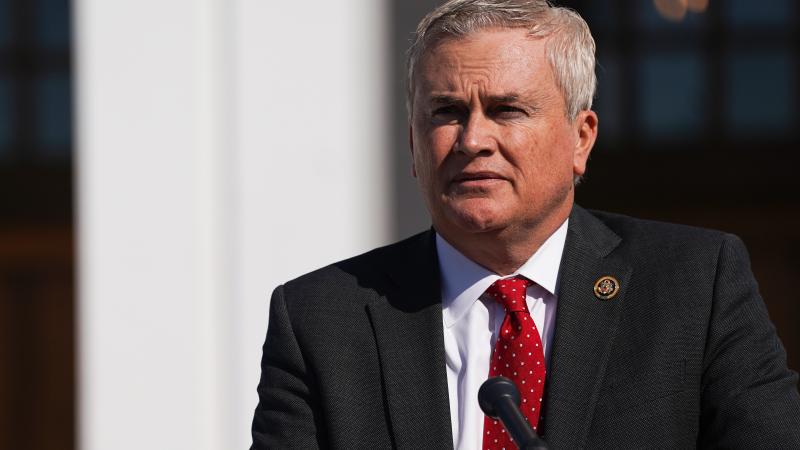UNC System says 'no wiggle room' in adherence to Supreme Court ruling
Justices ruled in favor of Students for Fair Admissions in separate cases against UNC Chapel Hill and Harvard.
The University of North Carolina System is telling its schools there’s “no wiggle room” in adhering to the U.S. Supreme Court decision banning race in admissions decisions.
UNC’s Division of Legal Affairs recently issued five pages of directives to the system’s 17 campuses that advises against efforts to work around the U.S. Supreme Court decisions against affirmative action.
Justices ruled in favor of Students for Fair Admissions in separate cases against UNC Chapel Hill and Harvard. The Harvard case was cited in the directive.
“Race can be neither a means nor an end in college admissions. This applies to admissions practices both written and unwritten, and there is no wiggle room – no institution may try to achieve indirectly what the Court prohibited directly,” the document read.
The directives follow recent clashes between a UNC Board of Governors appointed by the Republican majority in the General Assembly and liberal school leaders who have decried the outcome of the case.
The board in July vetted a proposal by UNC Chapel Hill Chancellor Kevin Guskiewicz, who expressed disappointment in the Supreme Court decision, to offer free tuition and fees for families who earn less than $80,000.
Board members grilled Guskiewicz on his position on the ruling and thoughts on comments from justices regarding aspects of the case, as well as his motivation behind the tuition plan during a budget and finance committee meeting that was not recorded or posted online.
Guskiewicz previously said the Supreme Court ruling was “not the outcome we hoped for” and reiterated a commitment “to bringing together talented students with different perspectives and life experiences.” Board members in July moved to erase race considerations in both admissions, including in student essays, and hiring.
The directives follow advocacy on both sides of the case on how the UNC System should interpret and apply the ruling. Edward Blum, president of Students for Fair Admissions, has urged universities to avoid proxies for race considerations, while the Lawyers’ Committee for Civil Rights Under Law has suggested the opinion should not “be construed as prohibiting universities from considering an applicant’s discussion of how race affected his or her life.”
Lawmakers in the General Assembly have pressed the UNC System to expose its related efforts to promote diversity, equity, inclusion and accessibility, as well, sending a letter to system officials in March to demand documents and costs related to the training. That effort uncovered more than $2 million spent by 11 schools in the system for the trainings.
The UNC Board of Governors in February adopted a new policy prohibiting “compelled speech” that effectively bans diversity, equity and inclusion statements used in hiring and other decisions.
Republicans in the General Assembly also overrode Gov. Roy Cooper’s veto of Senate Bill 364 in June to outlaw compelled speech and diversity, equity and inclusion statements and trainings, a law that’s set to take effect Dec. 1.
The recent directives note that reality in warning school leaders that using questions for admissions on racial experiences, as suggested by the Lawyers’ Committee for Civil Rights Under Law, would likely violate the law against discussing “matters of contemporary political debate or social action.”
“If there are theoretical exceptions to this rule, in practice, the newly-cast application of strict scrutiny – the most exacting inquiry in constitutional law – creates a needle’s eye too narrow to thread, and the litigation risk of even trying should be cost-prohibitive, especially for public universities,” the directives read.
















